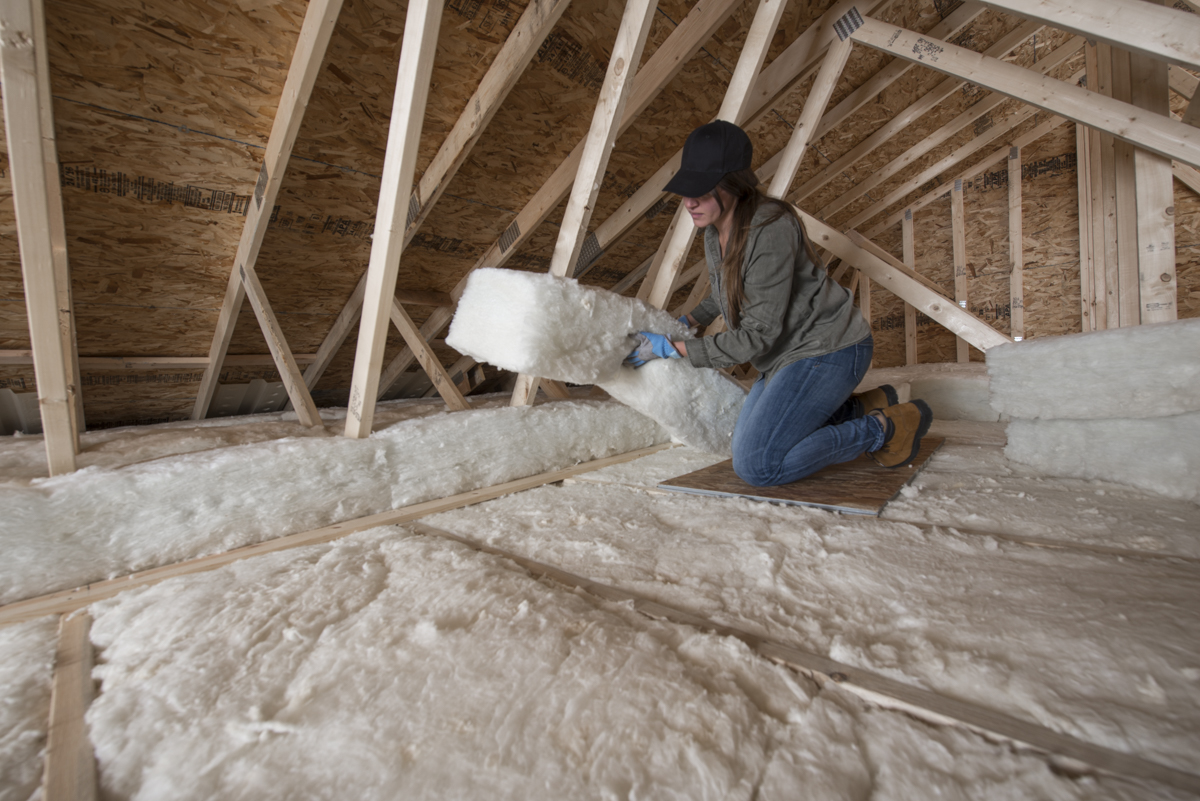Aytyapi Insights
Exploring the latest trends and updates in technology and lifestyle.
Insulation: The Unsung Hero of Cozy Living
Discover how insulation transforms your home into a cozy haven while saving energy and money. Uncover the secrets now!
5 Reasons Why Insulation is Essential for a Cozy Home
Insulation is a critical component in maintaining a comfortable living environment in your home. One of the primary reasons why insulation is essential is its ability to regulate temperature year-round. By minimizing heat transfer, good insulation keeps your home warm during winter and cool in summer. This not only enhances your comfort but also leads to reduced energy bills, as your heating and cooling systems work more efficiently.
Another significant benefit of insulation is its role in soundproofing. High-quality insulation materials can effectively dampen sound transmission both from outside and between rooms, creating a quieter and more serene living space. This is particularly important in urban environments or noisy neighborhoods. Moreover, proper insulation adds value to your home and can be a compelling selling point. As highlighted by HVAC experts, a well-insulated home will not only perform better but also look more appealing to potential buyers.

How to Choose the Right Insulation for Your Space
Choosing the right insulation for your space is crucial for maximizing energy efficiency and comfort. To begin, consider factors such as climate, building type, and budget. Different insulation materials offer varying R-values, which measure thermal resistance. In colder climates, fiberglass insulation is often ideal due to its effectiveness in retaining heat. Alternatively, in warmer areas, reflective insulation or spray foam insulation can help keep your living space cool by reflecting heat away. Remember to also consider any specific needs related to noise reduction or moisture control.
Once you have narrowed down the options, it's important to evaluate the installation process. Some types of insulation, such as blown-in cellulose, may require professional installation, while others, like batt insulation, might be manageable for a DIY project. Be sure to review local building codes and regulations, as they may dictate specific insulation requirements for your area. Finally, consult resources like the U.S. Department of Energy to ensure you're making the most informed decision for your insulation needs.
Is Your Home Winter-Ready? Signs You Need Better Insulation
As winter approaches, it's crucial to ensure your home is winter-ready. One of the first places to check is your insulation, which plays a vital role in maintaining a comfortable indoor temperature and keeping your energy bills in check. Here are some signs that indicate you need better insulation:
- Temperature Fluctuations: If certain rooms in your home feel significantly colder than others, it may be due to poor insulation.
- Higher Energy Bills: A sudden spike in your heating costs can suggest warm air is leaking out, prompting your heater to work harder.
- Drafts: Feel any drafts near windows or doors? This could mean your insulation is insufficient.
Additionally, consider inspecting your attic and basement, as these areas are crucial for heat retention. Insufficient insulation here not only leads to heat loss but can also create a breeding ground for moisture and mold. Check for the following issues:
- Exposed or sparse insulation material.
- Signs of moisture or mold.
- Cold walls during winter months.